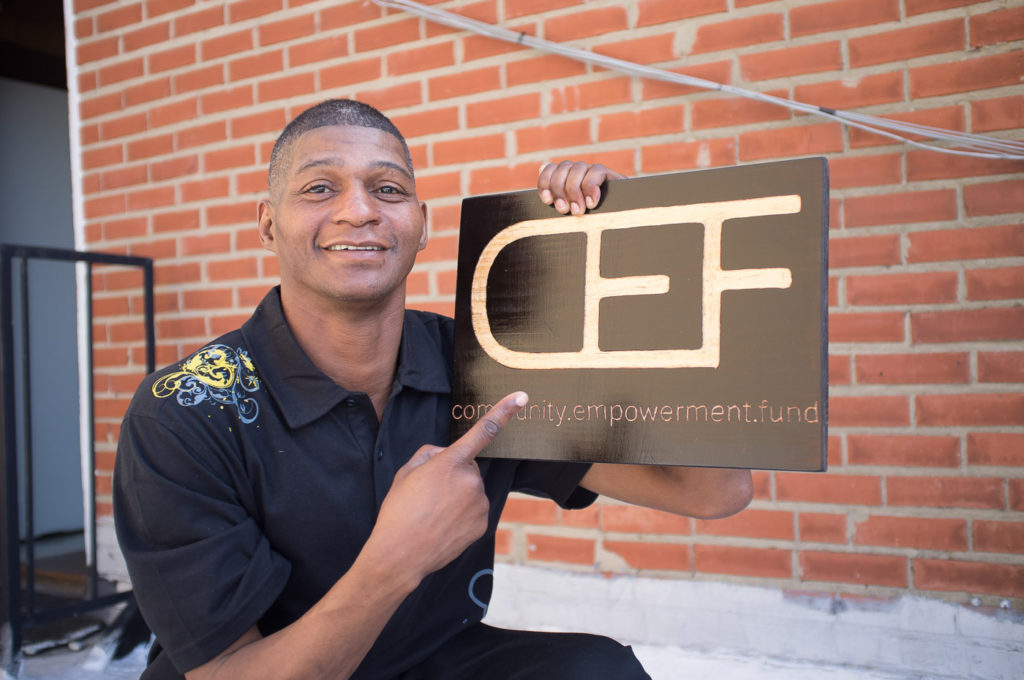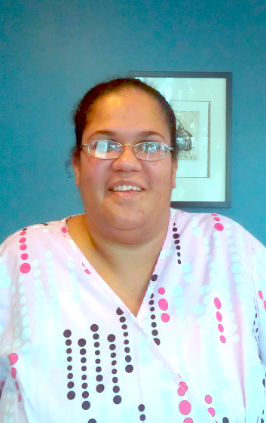How It All Got Started
Dreams of a Durham br anch first began when the CEF team realized that there was a high demand for CEF’s services in the Durham area. Since its inception, CEF has received numerous calls from both residents and social service agencies in Durham. Sometimes inquirers were able to make their way to the Chapel Hill office, or volunteers were able to meet them in Durham, but ultimately it was hard to sustain the cross-city relationship.
anch first began when the CEF team realized that there was a high demand for CEF’s services in the Durham area. Since its inception, CEF has received numerous calls from both residents and social service agencies in Durham. Sometimes inquirers were able to make their way to the Chapel Hill office, or volunteers were able to meet them in Durham, but ultimately it was hard to sustain the cross-city relationship.
Because of Duke University’s numerous connections with UNC (rivalries and otherwise) and its location in Durham, the occasion for an institutional partnership was perfect. Many factors coalesced to make it all happen – interested students from the two campuses came together through Bob Korstad and Jim Leloudis’ joint UNC-Duke class on poverty, and the Kenan-Biddle Partnership awarded CEF a grant that would fund the Durham endeavor. Multiple community partners were highly supportive of the expansion – doors opened at CASCADE @ Durham and Housing for New Hope for volunteers to hold Opportunity Classes, and the Self-Help Credit Union generously donated office space in a prime location downtown.
CEF Durham branch’s first initiatives were carried out during the Spring semester of 2011. With support from Santiago Beltran, Duke students Hannah Colton and Nancy McKinstry co-led an Opportunity Class at CASCADE, a substance abuse treatment program for pregnant, postpartum, and parenting women and their children. In addition, Donesha Pitts became the Durham branch’s first “member” to be paired with Advocates, Duke students Laurel Sister and me.
At the Dove and Phoenix House
After the semester ended, I stayed to complete a summer DukeEngage program with CEF. The summer staff team and I continued the work of the Durham branch. Alex, Maggie, and I paid weekly “finance office hours” visits to the Dove House, Housing for New Hope’s transitional housing unit for women recovering from addictions. The Dove House’s residents welcomed CEF volunteers to their dining table, consistently finding time in their busy schedules to check credit reports, craft budgets, and plan for their financial future.
In July, we met the Phoenix House men at the first Housing for New Hope Opportunity Class, held jointly between the two houses. These classes have been held once every two weeks, and we have just completed the first set of an eight-session curriculum. Along with these classes, several of the Dove and Phoenix House residents have opened up CEF Savings Accounts. Both the Dove and Phoenix Houses have never ceased to be gracious in hosting us, and it has been an absolute pleasure spending Wednesday evenings and Thursday afternoons with them.
Getting Established at Duke
At Duke, our efforts are underway in recruiting a solid team of advocates. Volunteers interested in getting involved in CEF have started out by attending Opportunity Classes at the Dove and Phoenix Houses. A few students have now been paired with Members as Advocates, and are beginning to work closely with their members.
This process has been greatly facilitated by a team that has taken on specific roles in organizing volunteers and connecting to community partners. Cara Haselrig, who is currently completing an internship with CEF, has been instrumental in pairing members with advocates. Recent UNC graduate David Horton has also recently taken on a role as co-coordinator and resource development representative.
What’s Next?
In the next few months, we will begin hosting Opportunity Classes at the Achievement Academy, a non-profit organization that provides educational resources to young adults. This will be the first youth-oriented financial literacy class conducted by CEF. We are also hoping to host small business classes in the spring, given the significant demand for these classes from folks in Durham. In light of these forthcoming developments, we are planning further outreach on Duke’s campus to recruit volunteers, including a screening of CEF’s documentary and a panel discussion.
The process of initiating the Durham branch over the past year has been greatly rewarding, and could not have been achieved without the strong support of our beloved community partners. As we continue to grow and expand, we are looking forward to building fruitful relationships and continuing CEF’s work in Durham. If you are interested in getting involved, feel free to contact us at janetx@communityempowermentfund.org.



 Towards the close of Summer 2011, Technology Without Borders (a committee of the Campus Y) and the Kramden Institute came together in a joint partnership with CEF to pilot a new program: the Laptop IDA.
Towards the close of Summer 2011, Technology Without Borders (a committee of the Campus Y) and the Kramden Institute came together in a joint partnership with CEF to pilot a new program: the Laptop IDA. These days it’s hard to get much done without a computer – they fuel our work, our interactions with the job market, and our communications with those we love, both at home and abroad. Due to the high demand for affordable access to personal computers, CEF – in partnership with the Kramden Institute (
These days it’s hard to get much done without a computer – they fuel our work, our interactions with the job market, and our communications with those we love, both at home and abroad. Due to the high demand for affordable access to personal computers, CEF – in partnership with the Kramden Institute (

 anch first began when the CEF team realized that there was a high demand for CEF’s services in the Durham area. Since its inception, CEF has received numerous calls from both residents and social service agencies in Durham. Sometimes inquirers were able to make their way to the Chapel Hill office, or volunteers were able to meet them in Durham, but ultimately it was hard to sustain the cross-city relationship.
anch first began when the CEF team realized that there was a high demand for CEF’s services in the Durham area. Since its inception, CEF has received numerous calls from both residents and social service agencies in Durham. Sometimes inquirers were able to make their way to the Chapel Hill office, or volunteers were able to meet them in Durham, but ultimately it was hard to sustain the cross-city relationship.

